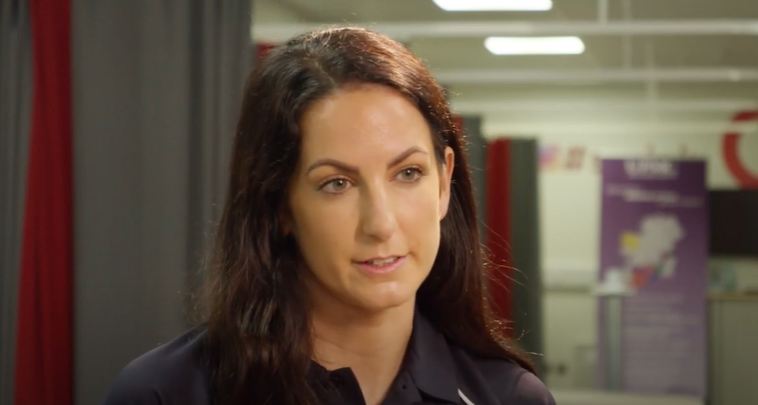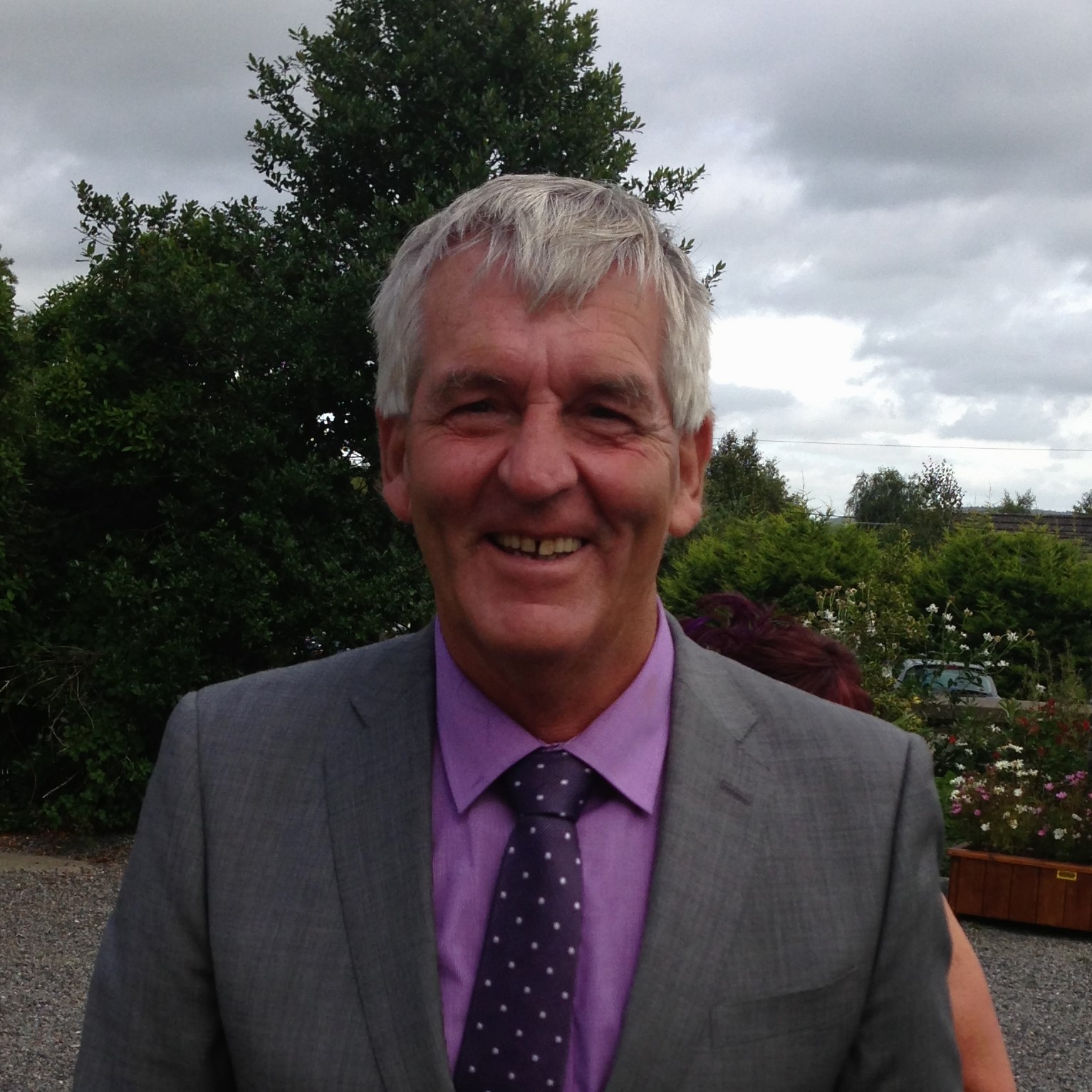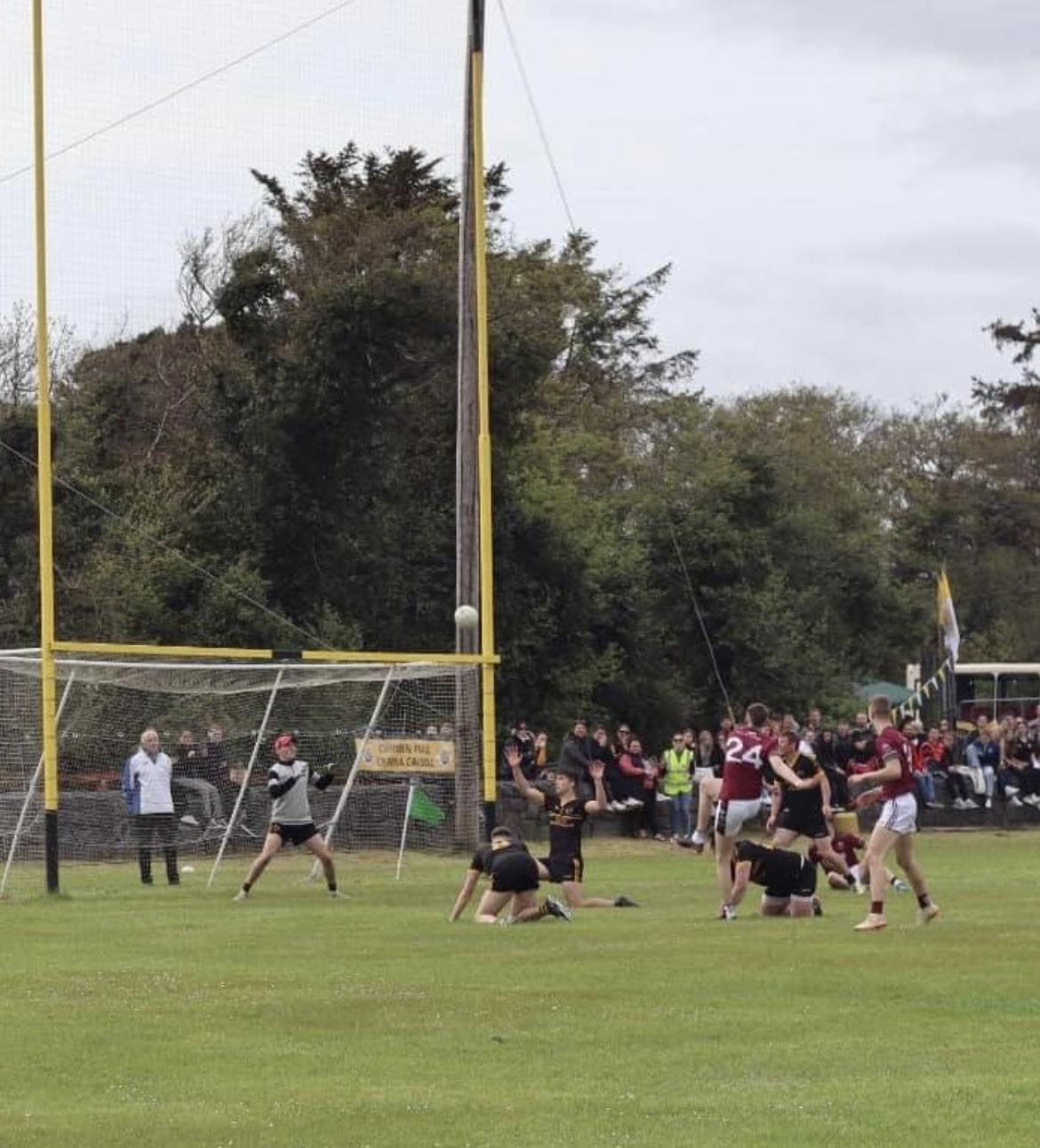Watch this video of Jessie Barr, sports psychologist at the Sports Surgery Clinic, discusses the psychological barriers to rehabilitation and return to play that follow surgery.
Human behaviour always fascinated me so I did my undergrad in Psychology, all while I was training in athletics, I was an athlete in my day and it became apparent as I was going through my undergrad that I was going to be able to marry my two interests of psychology with Sport. I now work at the sport Ireland Institute as a sports psychologist with Olympic and Elite athletes across Ireland.
I’m based at the UPMC Sports Surgery Clinic interestingly it started by a group of knee surgeons based at Sports Surgery Clinic recognizing that the psychological barrier was the one that was really preventing their patients from moving through their rehab successfully, physios can refer to me and the surgeons can refer to me if they’re noticing emotional distress, frustration or just a general lack of progress they might recognize that maybe a psychological intervention is needed.
Mainly working with athletes who’ve had ACL reconstructions or some sort of knee surgery who are looking to return to sport or maybe to retire in a more positive way. It’s very individually specific if it’s early on post-surgery it might be around setting goals, more often than not though I see them towards the latter half of their rehab when they are starting to return to their Sport and that’s when the real barriers are starting to hit.
So, we’re trying to increase confidence, reduce anxiety and reduce fear of reinjury mainly. A lot of talking, getting to know the patient, there’s a lot of collaboration. It’s always important for me to understand if a full return to the same level of play and the same level of performance is actually a possibility or are we preparing them to return to a lower level, because with surgery patients in particular you see every type of psychological response because surgery is probably as challenging as it gets with injury, it’s long, it’s drawn out but on the other side there’s a lot of certainty with surgery you kind of have specific timelines.
I suppose what the most common thing and what I work on quite predominantly is anxiety related to reinjury, so I’m simultaneously reducing the anxiety while trying to improve the confidence in themselves, in the knee and in the process.
There’s a number of techniques that I would use as a psychologist and one of the newer ones to introduce to patients and athletes is mindfulness. It can be dismissed as a little bit woo woo, a little bit fluffy, but it can be a way of refocusing the mind using breathing activities, using guided meditations, so we want to try and distract away or move the attention away from the source of pain.
Individual differences are so important in the work I do so a lot of my initial consultations are getting to know the person, getting to know their backstory, understanding their experience, understanding their beliefs, you know what are the belief systems that they’re bringing into this rehabilitation process, into surgery because that will really shape how I will then work with them.
My best advice to a patient who is facing surgery is, gather as much information as possible. One of the biggest sources of stress that we see is uncertainty, is not knowing what’s to come and not just about the surgery itself but the process of the next few weeks, the initial few weeks and those next few months as well. It’s a really difficult process can be a lonely process as well.
We’re a listening ear, I know it’s an unusual one to be part of the wider medical team, but be really openminded to what sports psychology could offer because it is sometimes the forgotten service that can have a lot to add on top of what the medical team can already provide.
|










